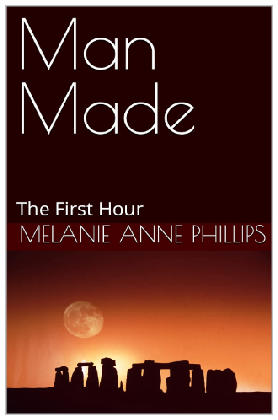|
Write Your Novel
Step by Step
|

Read the Science Fiction Thriller
From the founder of Storymind
Man Made follows a mysterious force as it sweeps around the globe erasing anything man made - from buildings, vehicles, and technology to medicines, clothing, and dental work.
Governments stagger under the panic, religions are at a loss for an explanation, scientists strive for any means to stop or divert the phenomenon, and the world’s population from families to individuals struggle to prepare for The Event, which will drive humanity back beyond the stone age.
The Event is coming.
Are you prepared?
~ Step 21 ~
Auditioning Your Cast
Now that you have mixed things up a bit with your potential characters, there is one last task to do before selecting which ones to hire for your novel: the audition!
Each character is currently just a collection of traits – the parts with no sum. To know how each might play in your story, you need to get a more organic sense of them. In other words, you need to get to know them as people, not just as statistics.
To do this, have each of your potential cast members write
a short paragraph about themself in their own words, describing themself, their attitudes, outlooks on life and incorporating all the attributes you’ve assigned to them.
Try to write these paragraphs in the unique voice of each character and from their point of view. Don’t write about them; let them write about themselves.
This will give you the experience of what it is like to see the world through each character’s eyes, which will help you understand their motivations and also make it easier for you to write your novel in such a way that your readers can step into your characters’ shoes.
In steps to come, you’ll use these auditions to pare down your potential cast members to those who really belong in your novel.
